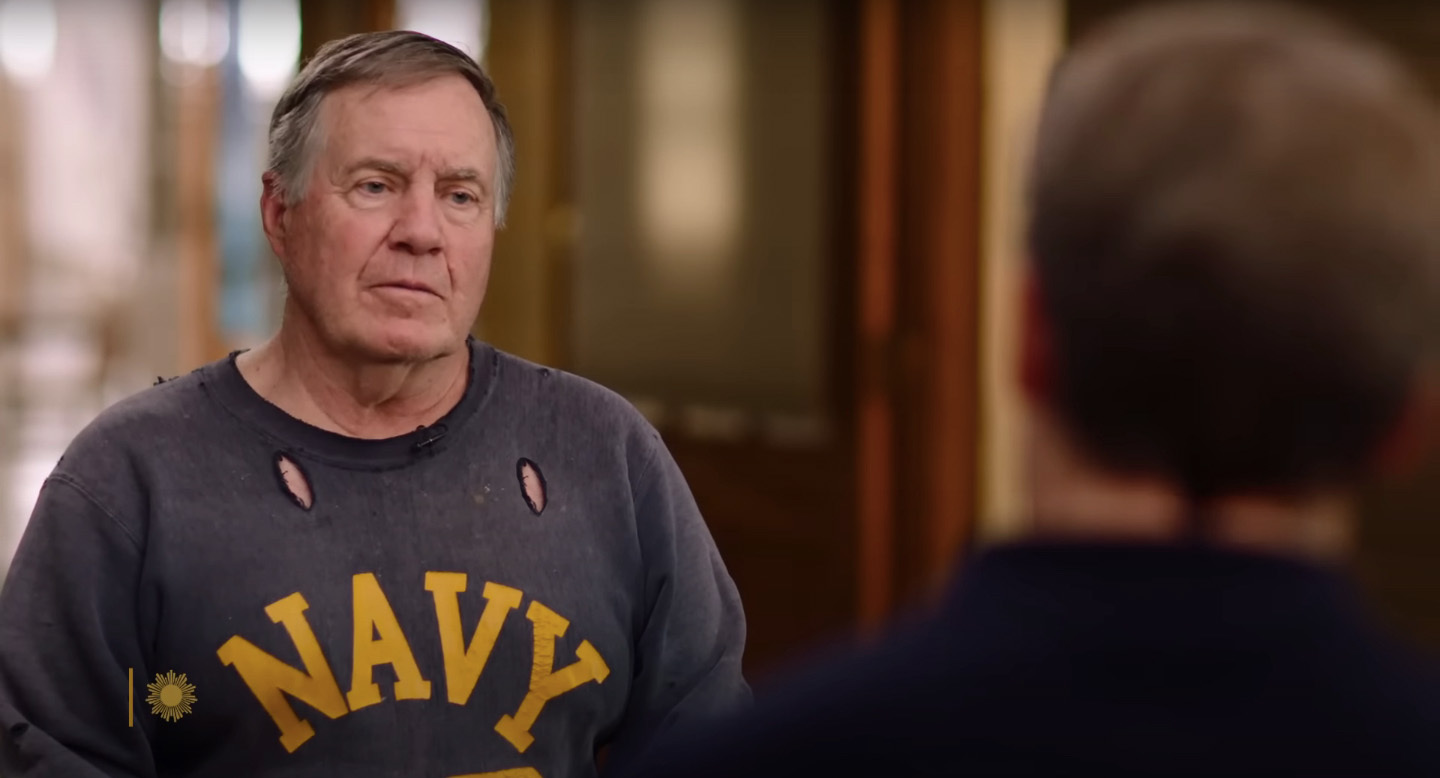In order to watch The Settlers, I first had to fraudulently assert my right to do so. The latest film by much-lauded documentarian Louis Theroux was broadcast earlier this week on BBC Two, and is available to stream via BBC iPlayer, which you can only access with an IP address in the U.K. (an international release date is apparently coming soon). So I lied in order to have the thing I wanted, which seemed fitting enough.
Theroux has made a name for himself over the years as someone uniquely skilled at getting people to reveal truths they might rather hide. He approaches his subjects—often people with reprehensible beliefs, like Afrikaner separatists or members of the Westboro Baptist Church—with a disarming affability. His slightly naive persona is matched by his physical presence: generally folding in on himself as if embarrassed about his height, bespectacled face often scrunched in a quizzical expression, looking always in danger of tripping over something. He invites people to explain themselves without passing judgment in the moment, relying instead on heavy silences or a voiceover.
Headlines like “This vital film forces Louis Theroux to do something he’s never done before” and “In The Settlers, Louis Theroux does something we have rarely seen him do in 30 years of TV” are a fair indication that something else happens here. For much of the hour-long film we see the familiar Louis, who remains silent as a swaggering, gun-toting settler from Texas says he objects to the term “Palestinians” as he does not believe they exist, and does not interject when an elderly rabbi expresses his wish to “cleanse” not just Gaza but Lebanon of the savage “camel riders.” Theroux manages to stay calm as the lasers from approaching soldiers’ rifles sweep through a Palestinian home he is visiting, and is roused to a terse “don’t touch me” when accosted by an IDF member while filming a Palestinian man trying to harvest olives from his trees.
But finally, near the end of the film, Daniella Weiss, long-time leader of the settler movement, forces him to say what he is really thinking. Weiss is a recognizable figure to anyone with a passing knowledge of the settlements. It’s hard to forget the woman who has the appearance of a grandmother and the affect of a B-movie villain, and she is always happy to get her message out. Weiss appears at multiple points in the film—in her home, seated in front of a map denoting all of the current settlements; near the Gaza border, at an event attended by far-right security minister and fellow settler leader Itamar Ben-Gvir, which is held to encourage Israeli families to move there too—and she tries many times to verbally provoke Theroux. Eventually, she escalates to physical provocation. At a festival celebrating the recognition of a new settlement by the Israeli government, Theroux asks about the neighboring town of Beita, and whether she can understand how being subjected to settler violence might cause its Palestinian residents to feel justifiable anger. Weiss claims there is no such thing as settler violence.
This is a bald-faced lie, and Theroux points out that many incidents have been documented on film. In response, Weiss shoves him. Theroux stumbles backward and then, as a normal person would do when a (surprisingly sturdy, it would appear) 79-year-old woman has just tried to knock you over, asks her why she did it. Obviously, she expected him to shove her back, and this would illustrate how even documented scenes of violence can be taken out of context. Instead, it illustrates something else entirely: that for Weiss and her ilk, there is no question that when someone half your size and eligible for a pension even slightly alarms you, the only possible response is force. Of course, it did not occur to her that Theroux might decline to push around an elderly woman on camera. A few moments later, after Weiss has explained that she does not think for a moment about the Palestinians who live in Beita, only for her own people, he tells her that her worldview sounds sociopathic.
It is. There is no doubt that basically every settler Theroux encounters in the film suffers from a moral ugliness that veers into the pathological. Weiss’s taunting smile as she tells him, “I wish you pushed me back,” gives it a face, and there is some satisfaction to Theroux offering his diagnosis to said face. But it is ultimately a hollow satisfaction. The Guardian notes that Theroux is particularly apt at “lulling his subjects into a false sense of security.” The difference, this time, is not that he breaks from the lulling, but that it would be pointless to even try. The settlers’ sense of security is not false; it is reinforced by soldiers in body armor who stand idly by while they rampage through villages. It is backed up by their own government, and by Western allies who dutifully condemn the flagrant violation of international law while doing nothing to halt its progress.
Theroux is no stranger to speaking with people who believe their actions have received divine license. These people are often rabid and dangerous, but ultimately a curiosity. After all, the sediment of history is littered with the crushed dreams of people who thought they had the blessing of God. But it is equally layered with corpses made by people who know they have the blessing of the state.






